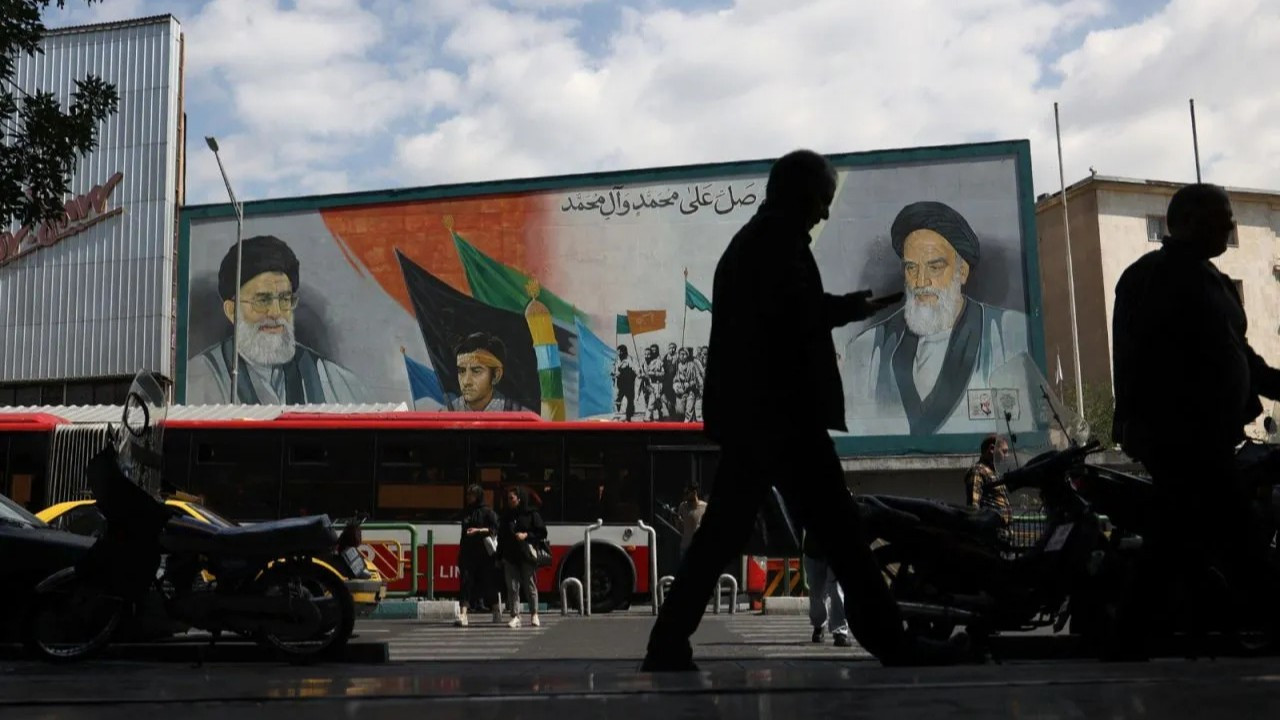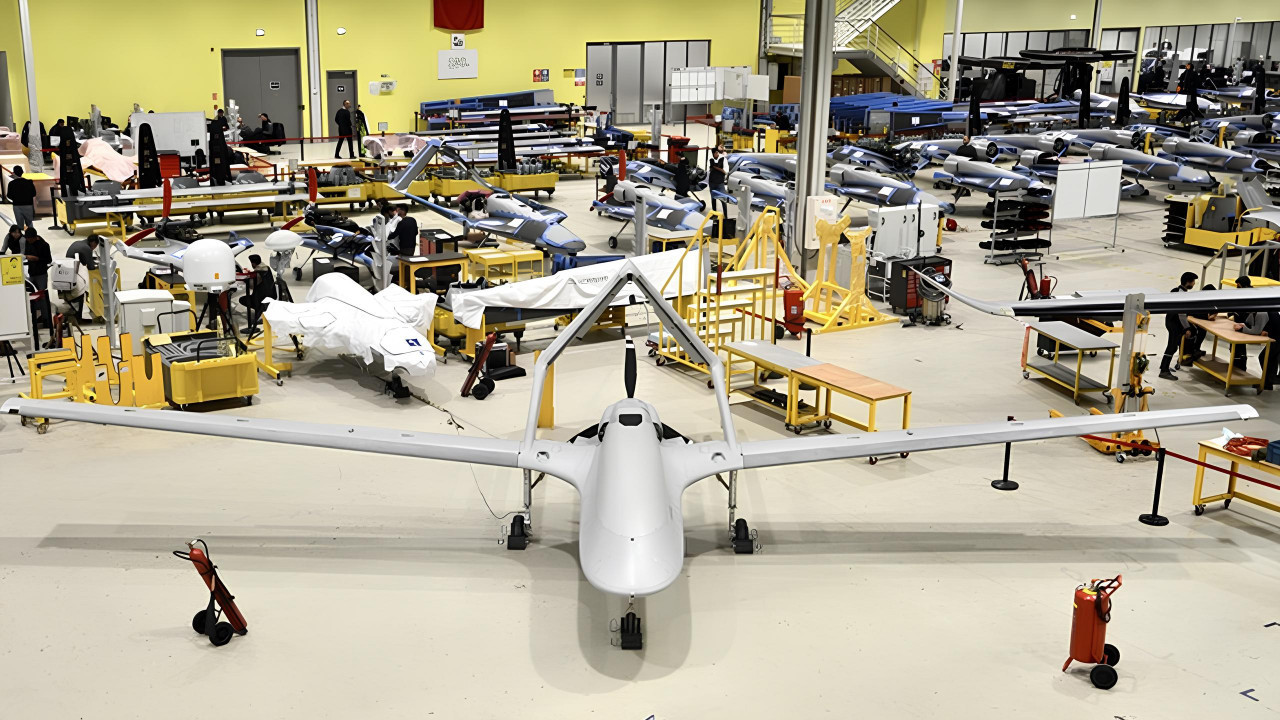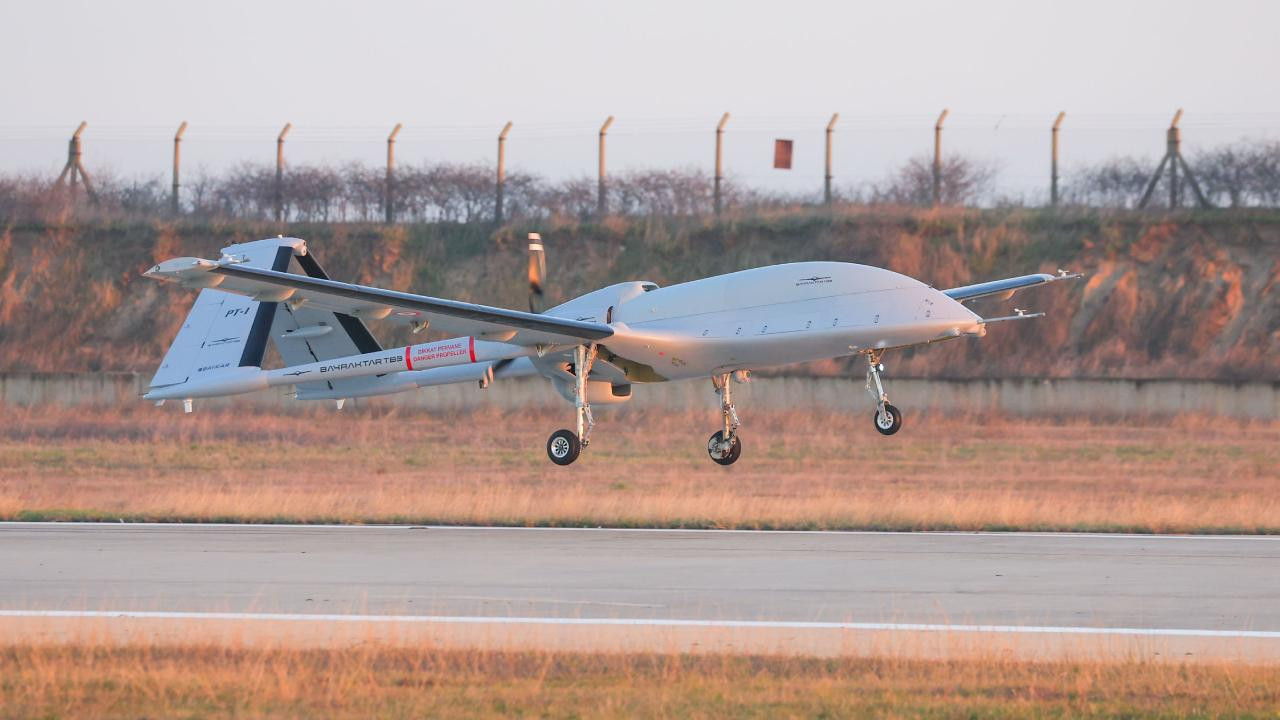Iran's General Staff announces that Turkish drones 'failed to detect wreckage site accurately'
Iran's General Staff announced that the Turkish drone, which was sent to the region after the helicopter crash in which President Ebrahim Reisi died, “failed to detect wreckage site accurately.”
Duvar English
Iran’s General Staff has announced that the Turkish “Akıncı” drone failed to detect the charred wreckage of the helicopter which crashed carrying Iranian President Ebrahim Raisi, Foreign Minister Hossein Amirabdollahian, and six other passengers and crew “accurately.”
The Anadolu Agency (AA) on May 20 announced that the Turkish drone identified the location of the helicopter's wreckage and shared the coordinates of the possible crash site with Iranian authorities.
"Although Turkey sent an unmanned aerial vehicle (UAV) equipped with night vision and thermal cameras, this UAV was unable to accurately locate the crash site due to the lack of under-cloud detection equipment and checkpoints," the statement said, pointing to unfavorable weather conditions.
The Iranian armed forces said that they could not immediately send their drones equipped with synthetic aperture radar to the area because they were in the northern part of the Indian Ocean at the time.
According to the statement, the crash site where the bodies of Reisi and other officials were found was detected on May 20 morning by Iranian land rescue forces and drones recalled from the Indian Ocean.
Iran's official news agency IRNA claimed that there was a margin of error of seven kilometres in the coordinates shared by the drones sent by Turkey.
Following the news from the Turkish media, the head of the Iranian Red Crescent, Pir Hossein Kolivend, also stated that they "did not resort to foreign aid" to find the wreckage of the crashed helicopter.
Turkish Defence Minister Yaşar Güler has stated that upon the request of the Iranian authorities for a helicopter with night vision capability, the unarmed Akıncı UAV entered Iranian airspace with the approval of the Presidency of the Republic and the consent of the Iranian authorities as it deemed more useful in the current conditions.
"During the scans carried out in the relevant region, the first visual contact was made at 02.36 a.m. and the detected heat source was shared with the Iranian authorities. At 05.50 a.m., the Iranian authorities informed us that the wreckage was reached. Our UAV, which successfully completed its mission, entered Turkey's airspace at 06.45 a.m.," he underscored.
Iranian President Reisi along with senior ranked bureaucrats attended a dam opening ceremony on the Iran-Azerbaijan border on May 19.
On their way back, they had a helicopter crash with no survivors. After it was confirmed that Reisi had lost his life, his First Vice President Mohammad Mokhber began to serve as the acting president.

 Iranian Red Crescent denies 'outside help' in locating helicopter wreckage of President RaisiWorld
Iranian Red Crescent denies 'outside help' in locating helicopter wreckage of President RaisiWorld Russian MP threatens to bomb Turkish Baykar’s drone factory in UkraineDiplomacy
Russian MP threatens to bomb Turkish Baykar’s drone factory in UkraineDiplomacy Canada to resume arms exports to Turkey following Sweden NATO backingDiplomacy
Canada to resume arms exports to Turkey following Sweden NATO backingDiplomacy